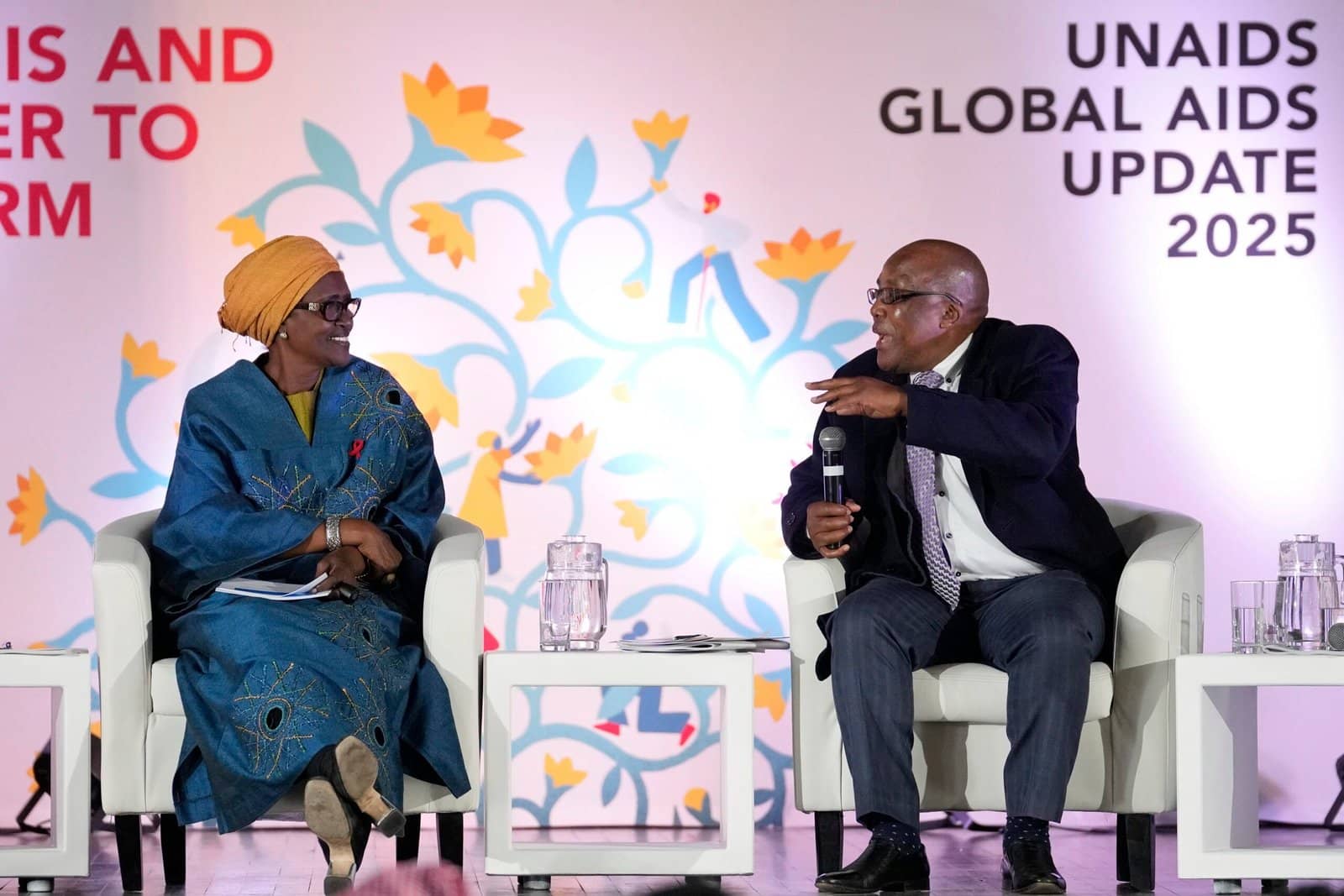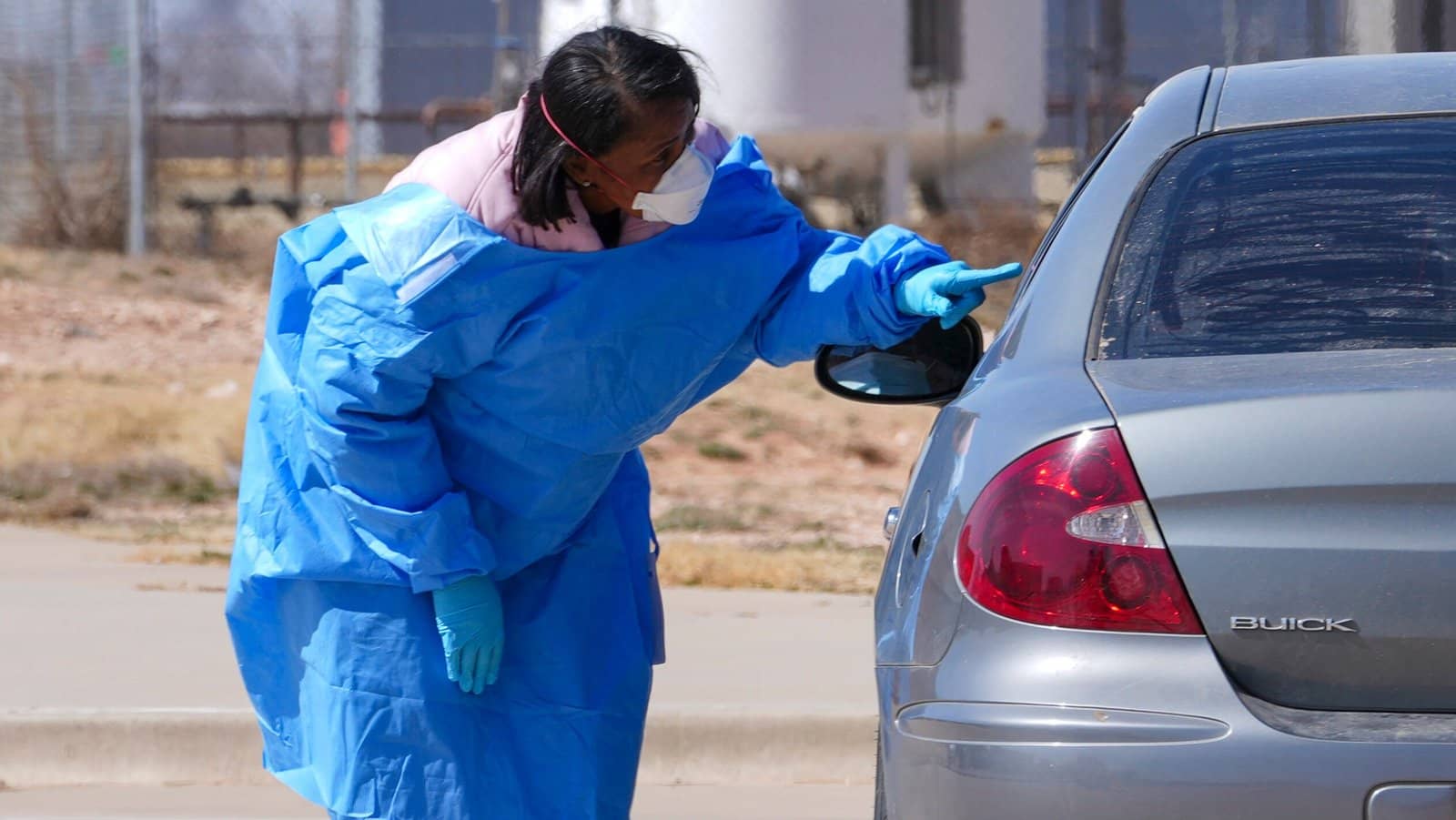Decades of American-led funding for AIDS programs has resulted in the lowest rates of fatalities for the disorder in more than three decades and provided life-saving medications for some of the world’s most vulnerable. However, U.N. officials warned that the immediate withdrawal of U.S. funds has resulted in a” widespread shock” in the last six decades. If not replaced, it could result in 6 million more HIV infections and 4 million more deaths from AIDS-related causes by 2029. According to UNAIDS,” the recent influx of revenue losses has previously destabilized supply chains, led to the closure of health facilities, left thousands of health clinics without staff, set back prevention programs, slowed HIV testing efforts, and forced some community organizations to reduce or end their HIV activities,” according to a report released on Thursday. UNAIDS added that it was concerned that additional significant donors may reduce their support, reversing decades of global efforts to combat AIDS, and that the robust international assistance is in jeopardy due to wars, political shifts, and climate change. The$ 4 billion pledged by the United States for the global HIV response for 2025 disappeared en masse in January when Donald Trump, the president, ordered that all foreign aid be suspended and later moved to shut down the U.S. AID agency. Without being connected to the United Nations, Andrew Hill, an HIV specialist at the University of Liverpool, claimed that “any responsible state may have given advance notice so countries was plan” in order to prevent patients from being stranded in Africa when centers were closed immediately. The most significant devotion by any nation focused on a single illness, PEPFAR, was launched in 2003 by U.S. President George W. Bush. The system, according to UNAIDS, supported tests for 84.1 million people and receiving treatment for 20.6 million, among other initiatives. It was referred to as a “lifeline” for nations with high HIV levels. According to information from Nigeria, PEPFAR provided 99.9 % of the government’s budget for HIV-prevention medications. According to a UNAIDS measure, there were 630, 000 AIDS-related incidents around in 2024; this number has remained roughly the same since 2022, when it reached its peak of 2 million in 2004. Read more:
Trump is enthralled by the American president’s” good English,” and joyfully accepts praise for the Nobel Peace Prize Sub-Saharan Africa, according to UNAIDS, accounts for half of all fresh diseases. While some poorer nations are now attempting to raise money for their own HIV plans, Tom Ellman of the donation Doctors Without Borders claimed there is nothing we can do to stop the United States from suddenly and viciously withdrawing its assistance. Additionally, experts worry about another damage, data. According to Dr. Chris Beyrer, chairman of the Global Health Institute at Duke University, the United States paid for the majority of HIV security in African nations, including electric information, patient records, and hospital information. All of which have since instantly stopped. It will be incredibly difficult to stop HIV from spreading without reliable information, he said. The uncertainty comes as a twice-yearly injectable has the potential to put an end to HIV, as studies from last year demonstrated that Gilead’s drug had proven to be 100 % effective at preventing the virus. The U.S. Food and Drug Administration approved the drug Yeztugo, which should have been a” threshold moment” for stopping the AIDS epidemic, according to Peter Maybarduk of the advocacy group Public Citizen, at a launch event on Thursday. The country will “move mountains and rivers to make sure every adolescent girl who needs it will get it,” according to Peter Maybarduk of the advocacy group Public Citizen. However, Maybarduk and other activists claimed that many nations that require Gilead’s price will not be able to afford it due to its high cost. In 120 poor countries with high rates of HIV, Gilead has agreed to sell generic versions of the drug, but it has excluded nearly all of Latin America, where the rates are significantly lower but rising. We might be putting an end to AIDS, Maybarduk said. Read more:” The U.S. is abandoning the fight.”
Phaedra Parks has ambitions and political aspirations; here are some other famous people who have made the decision to run for office.
UN says if US funding for HIV programs is not replaced, millions more will die by 2029


